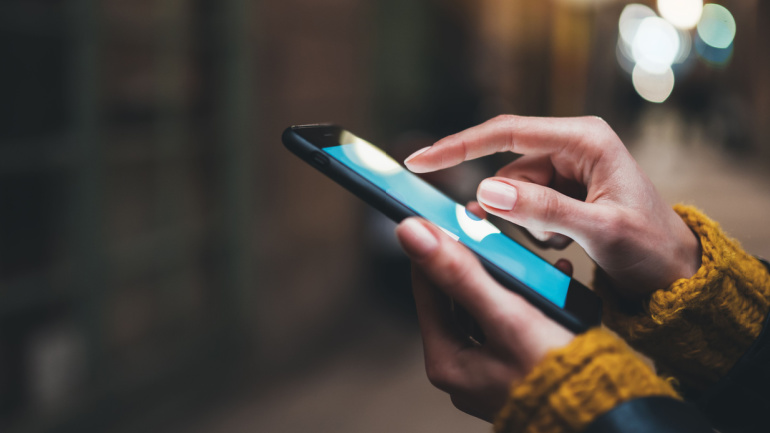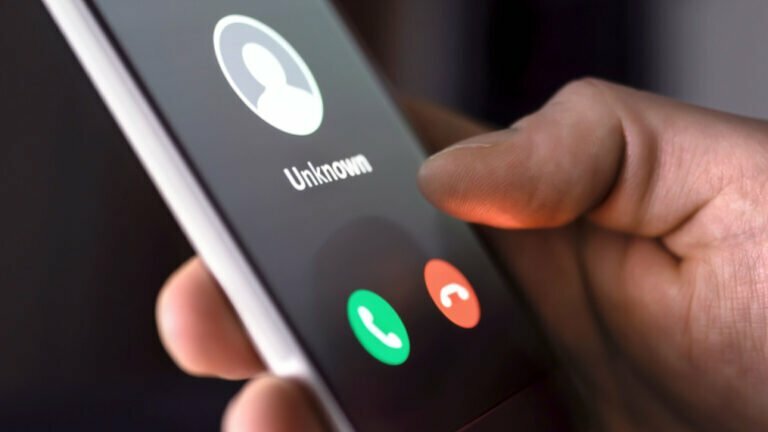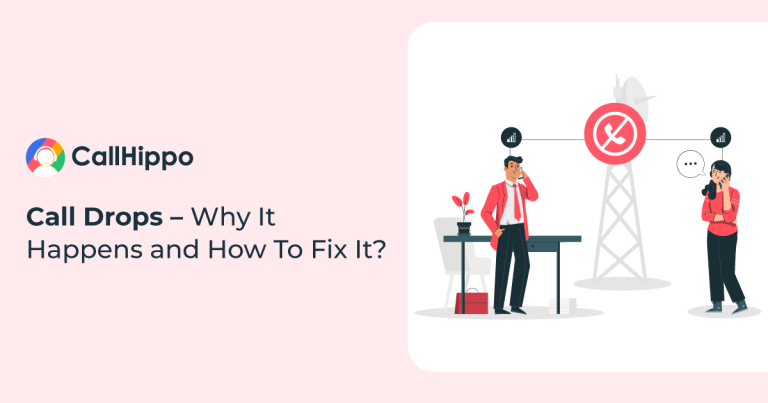
The UK is set to welcome Vodafone as the latest mobile supplier to its national smart meter network, thanks to a recent decision by the Data Communications Company (DCC). Vodafone’s role will be to construct and operate a 4G IoT connectivity service. This contract could potentially span up to 15 years.
According to DCC, Vodafone’s 4G network, covering 99% of the UK population, will serve as a crucial conduit between DCC’s servers and its forthcoming LTE-enabled Communication Hubs. These hubs, situated within the customer’s home, will link the smart meter and in-home display to the network.
The transition to 4G is pivotal. It will facilitate DCC’s wide area smart metering network to adopt progressively advanced services as they unfold.
Interestingly, DCC clarified that the new network would function congruently with the existing smart meter networks in the UK. For instance, in Wales and southern England, Virgin Media O2’s 2G and 3G networks currently provide connectivity. Meanwhile, in Scotland and northern England, Arqiva operates the network via its long-range radio spectrum at 400 MHz.
While DCC is not pitching this move as replacing the current suppliers with Vodafone, it could be a possibility in the future.
The UK’s telecommunications regulatory authority, Ofcom, has expressed that by 2033 all operators should have their 2G and 3G networks phased out to free up the spectrum for faster and more efficient wireless networking technology. This directive should not pose much of a challenge for EE, Three and Vodafone, who are all at varying stages of phasing out 3G. However, VMO2 has yet to announce their shutdown plans and currently, a substantial portion of the UK’s smart metering network relies on their 3G network.
What’s puzzling is why DCC elected to upgrade with a new supplier rather than continuing with VMO2 utilizing their 4G spectrum. There could be myriad explanations for this, but it could be attributable to the smart meter programme running behind schedule and over budget, as cited by the National Audit Office.
An O2 spokesperson stated, “We are focused on delivering our existing smart metering contract and will continue working with the DCC as they develop plans to migrate connectivity provider.”
Concerning Arqiva, they harness a distinct technology, so DCC might aim to replace it with a 4G operator to manage a single, national network. Separate statements from Vodafone and DCC boasted the energy-saving benefits of smart meters. Still, they didn’t adequately address the questions ushered in with this announcement. Representatives from Telecoms.com have reached out to both Vodafone and Arqiva for further comments.




